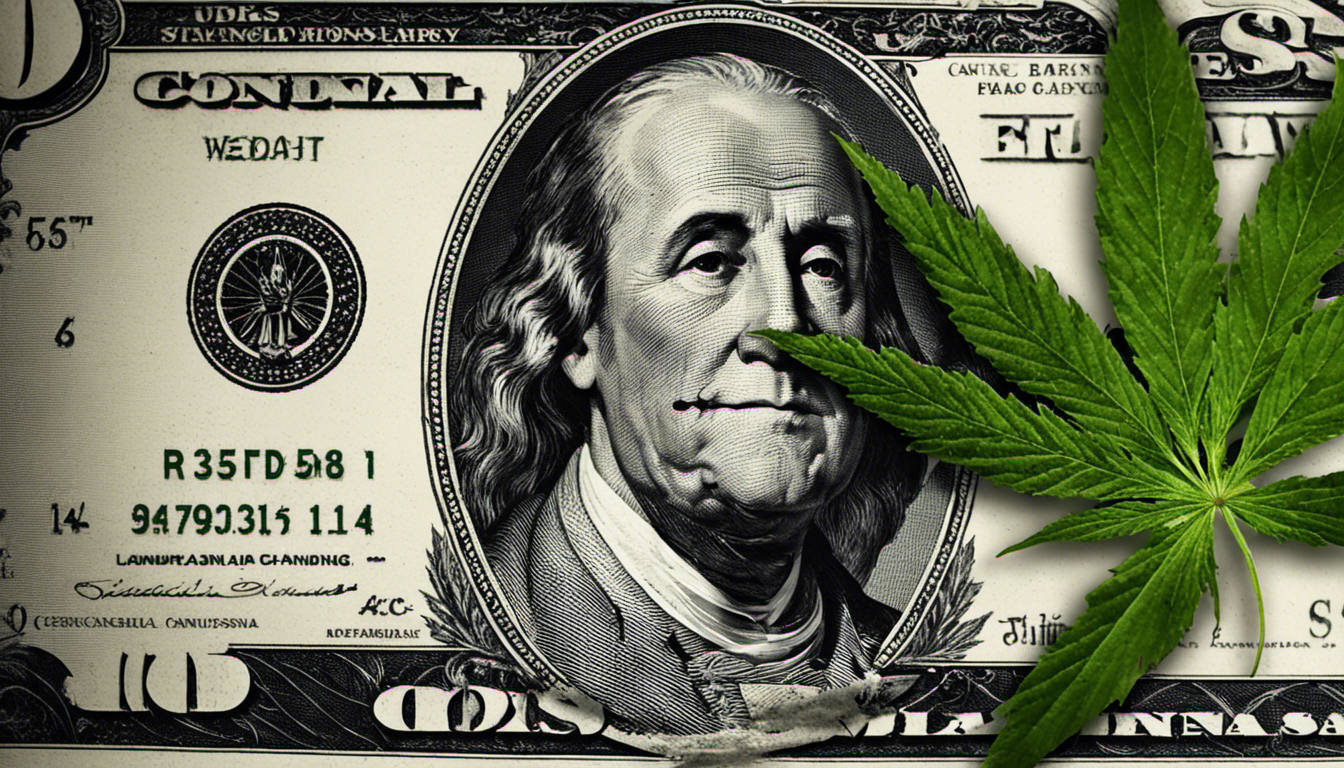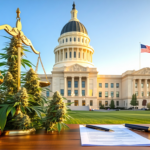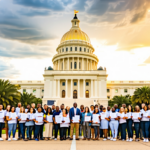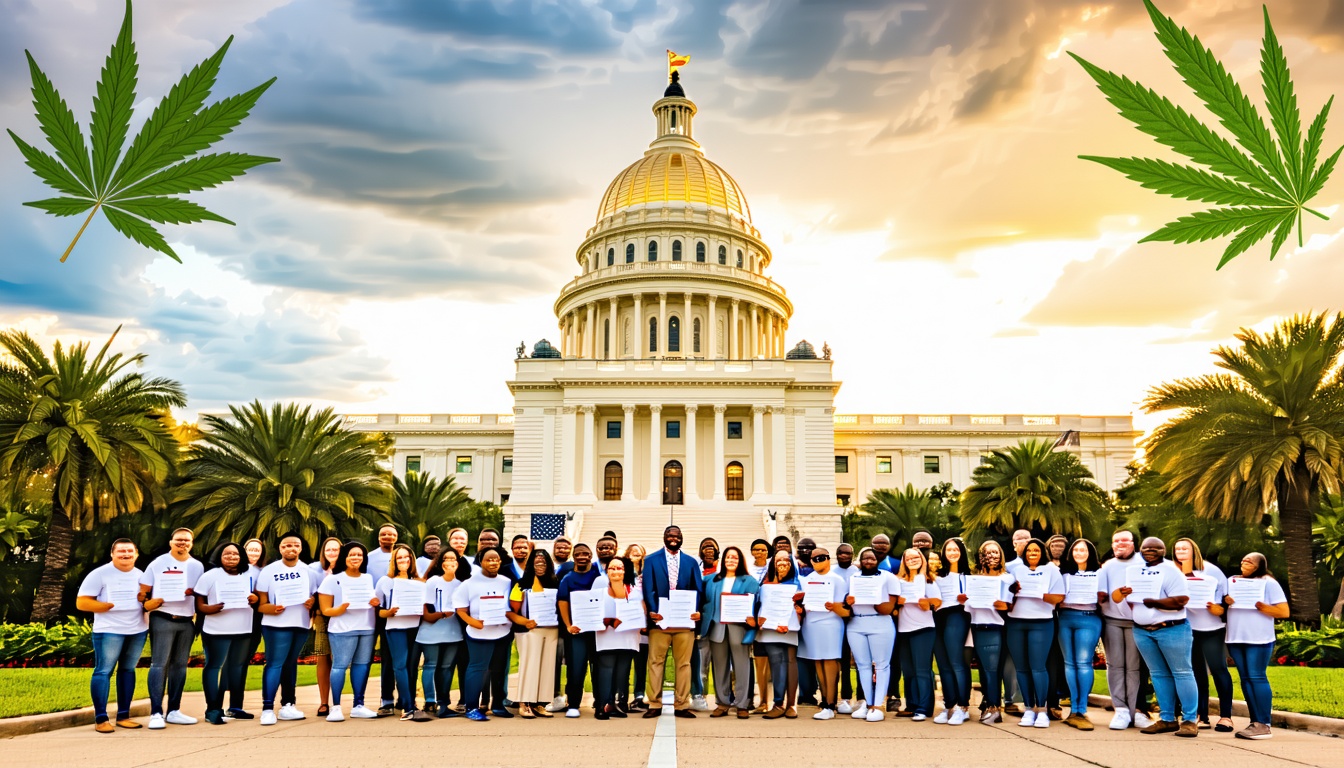Congressional Researchers Say Rescheduling Marijuana Won’t Improve Banking Access for State-Legal Cannabis Businesses
A recent report from the Congressional Research Service (CRS) suggests that rescheduling marijuana from Schedule I to Schedule III under the Controlled Substances Act (CSA) is unlikely to improve banking access for state-legal cannabis businesses. The report emphasizes that the proposed rescheduling would not federally legalize marijuana, and therefore, the impact on banking access would likely be minimal.
The report notes that a Schedule III reclassification would allow state-licensed cannabis businesses to take federal tax deductions, but many financial institutions would continue to avoid servicing the industry due to concerns about violating federal anti-money laundering (AML) laws. The report concludes that “rescheduling marijuana as DOJ has proposed is unlikely by itself to eliminate the legal risks of financial institutions serving marijuana businesses and, thus, might not significantly increase marijuana businesses’ access to financial services.”
However, one Democratic congressman, Rep. Earl Blumenauer (D-OR), believes that the rescheduling could have a political effect that spurs action on separate marijuana banking legislation. Blumenauer, co-chair of the Congressional Cannabis Caucus, said that the rescheduling could “hasten the day when banking becomes routine,” accelerating efforts to pass the bipartisan SAFE Banking Act.
The report also highlights the limitations of the impact rescheduling would have on state cannabis policy and consumer access to marijuana. Rescheduling would have no effect on state recreational marijuana laws, and for medical marijuana regimes, Schedule III drugs would need to be approved by the Food and Drug Administration (FDA) and comply with federal regulatory requirements.
The SAFE Banking Act, which has passed the House several times, would be more likely to reduce the legal risks associated with providing financial services to the marijuana industry, according to the report. The bill is now pending action on the Senate floor, but its path for the remainder of the session is unclear.
In related news, a national study suggests that secondhand harm from marijuana use is significantly less prevalent than that from alcohol. The study found that respondents reported secondhand harm from drinking nearly six times more often than from cannabis, and that perceived harms from opioids and other drugs also exceeded those related to marijuana.












